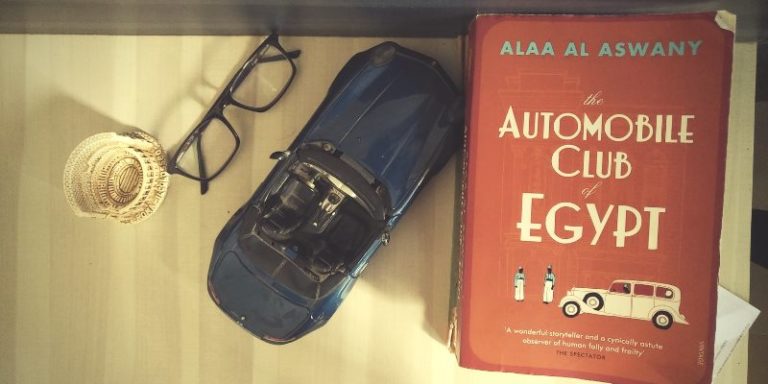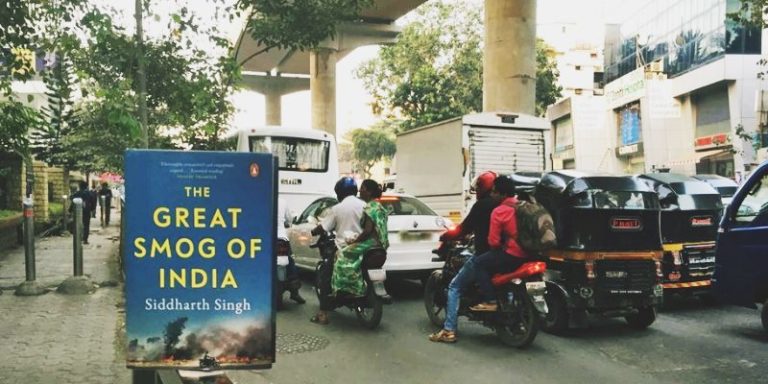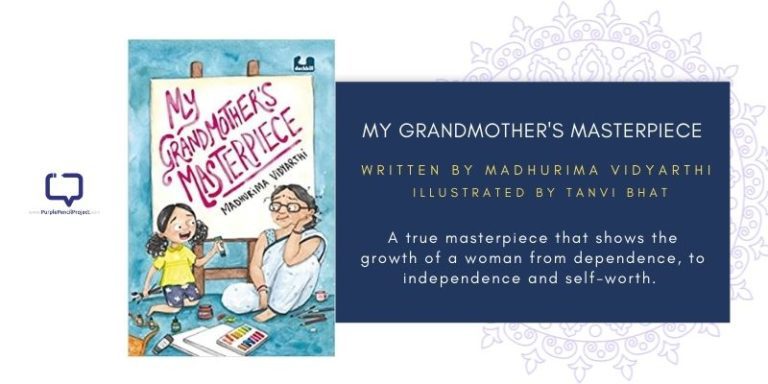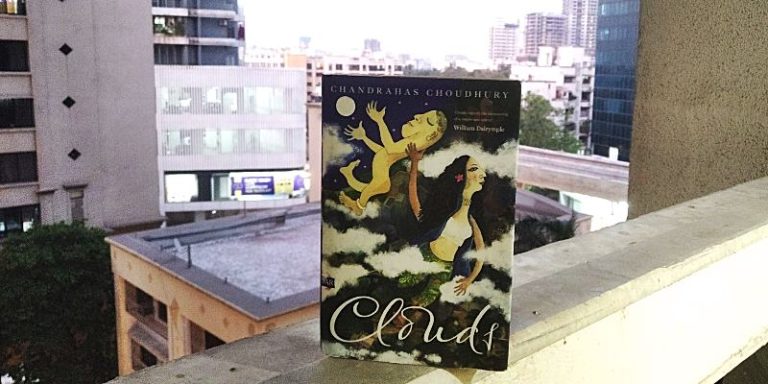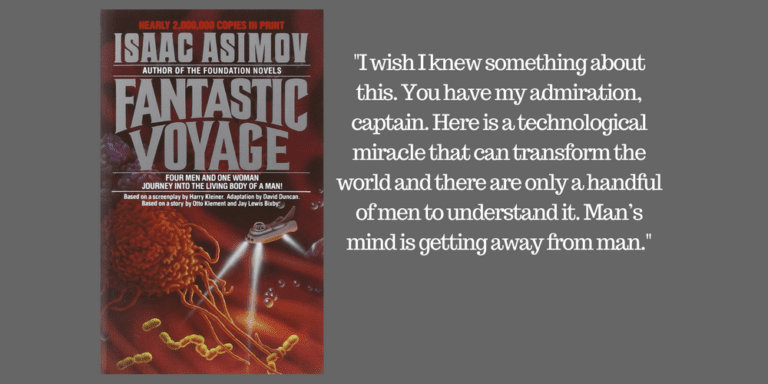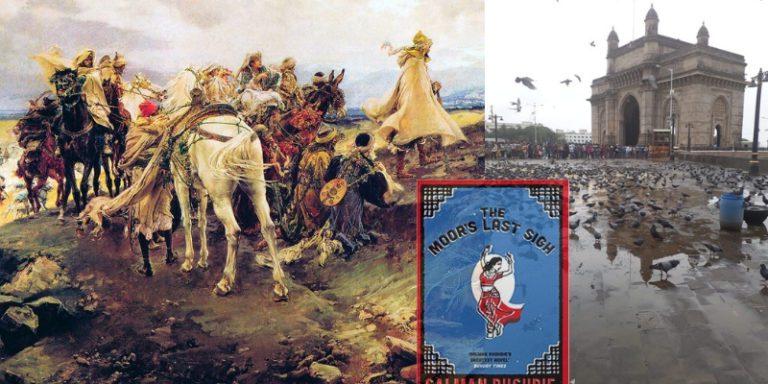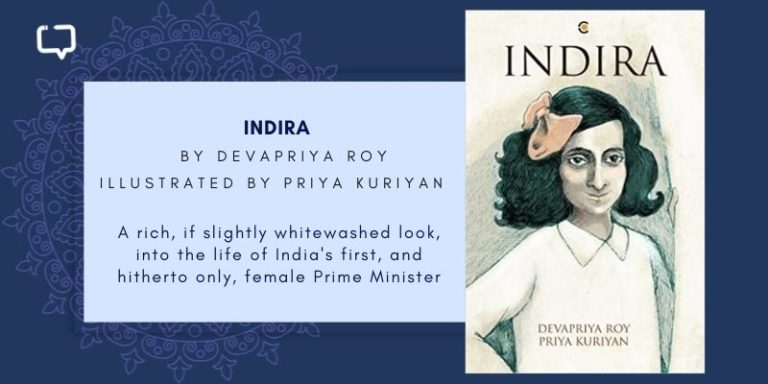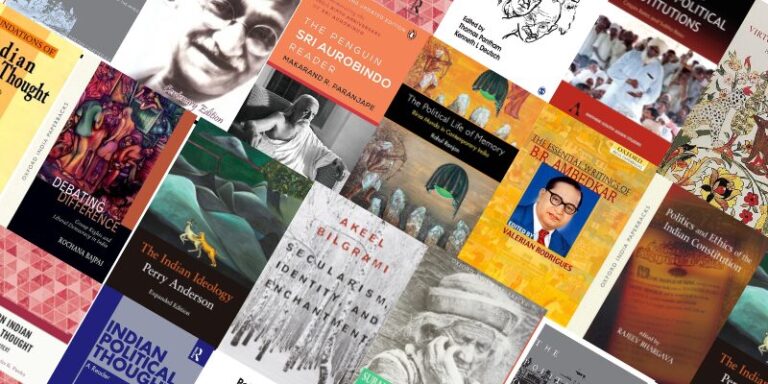“At which point in the book did you figure out who the killer was?” M asks me, as we pause in between giggling over Anuja Chauhan’s delectable male heroes. “I figured it out when…,” she goes on to describe a scene in Club You to Death, Chauhan’s latest, described on social media as a “rom-crime”.
We encourage you to buy books from a local bookstore. If that is not possible, please use the links on the page and support us. Thank you.
I figured it out pretty early on, to be honest, though I can’t pinpoint exactly what gave it away. As someone who grew up on Agatha Christie and Arthur Conan Doyle, I suppose being able to figure out who the killer is is an occupational hazard. By that standard of judging detective novels, I guess Club You to Death isn’t a masterpiece.
But, if there’s one thing the last year has taught me, it is to appreciate art that makes you laugh and feel good, even if it’s not objectively a masterpiece.
And there are not many authors who make you feel as good as Chauhan.
The Plot
Club You to Death is set in the Delhi Turf Club, one of the city’ss posh clubs- the ones which have signs like NO SERVANTS, AYAHS OR GUNMEN BEYOND THIS POINT. A murder on the club premises (of a fitness trainer), just before the upcoming club elections, brings ACP Bhavani to the spot. Here he meets our protagonists Kashi Dogra and Bambi Todi (also ex-lovers? Current lovers? Friends? Two people with loads of chemistry and unresolved issues?), who join him in his quest as his amateur assistants. We don’t just find out about key players in the club elections and the hidden skeletons in their closets but also about what actually happened between Kashi and Bambi that made them go from friends to lovers to not-lovers.
What I Liked
Anuja Chauhan said in an interview with Firstpost that she loves the club culture and how important it is when you’re growing up as an Army kid. “I’ve always loved the club life. As a fauji kid, it’s a big part of your growing-up years; a safe place where you can wear shorts and strike up conversations with people you haven’t even been formally introduced to. I wanted to capture the dynamics between members and administrative staff, dependent members, non-members who watch jealously from the outside, and all the despots who guard their fiefdom so fiercely. There was lots of scopes to uncover hypocrisies, politics and double standards in such a setting – something that’s beautiful on the surface but tainted at the core,” she says.
This love, and the fact that Chauhan knows this world really well, comes out in every line of the book. Every scene in the club is elaborately described, every auntie someone you’ve run into, the election campaign is as dirty and competitive as in the clubs you’ve been to. For anyone who grew up amidst the old-world club culture, this book is as familiar as home. Chauhan presents a vivid picture of this world. She critiques the snobbery and hypocrisy of this setting; it’s wrapped up in a lot of humour and provides a lot of nostalgia but the criticism can’t be ignored. In fact, it’s precisely this world which is the strongest part of the book.
What was meh
However, the book was let down by the protagonists. It’s so important to have likeable, memorable, crush-able characters for romance novels and light, fun reads to work. While Kashi and Bambi were definitely interesting, they just didn’t have the personality to stay with you as characters, unlike the characters in many of Chauhan’s earlier works. (All my friends reading this will be muttering, “She needs to get over Nikhil Khoda” at this point and yes, you are right. I do). But that’s precisely my point. The supporting characters (usually Chauhan’s strongest characters really) were boring. They all seemed like they were there to fill in some stock character- requirement and didn’t seem to have much personality beyond that.
The dialogues too were disappointing. Conversational, yes. But I found myself wondering many times if people my age (mid-20s) actually speak like that. Am I the one who’s out of it or Chauhan? I will place the blame firmly on her though. That’s why ACP Bhavani was one of my favourite characters. He was so much fun to read about- an outsider in this posh Delhi club world. Chauhan got his personality and his lines so right. I can imagine he would actually say all the things Chauhan gets him to say. He’s also got a lovely Poirot-esque conclusion scene, where he discloses the killer. That was cool enough to make me want to read Five Little Pigs again. I must, this weekend.
Best Quotes
Never strain too hard. Breakthroughs happen organically, in their own sweet time. If you strain, you will only get haemorrhoids in the brain. (From ACP Bhavani’s Four Golden Rules of life and police-work)
Conclusion
Overall, it was a fun, light read. I read it without putting it down at all and I’m sure you will too!










